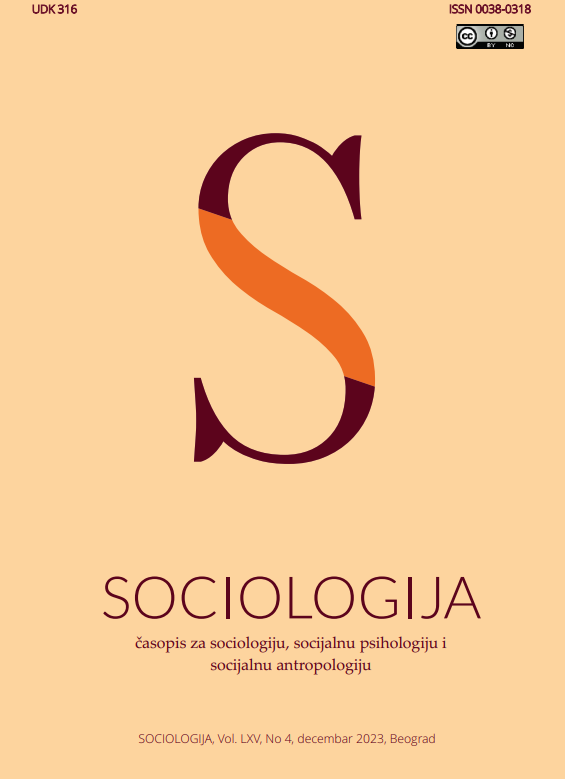Religijska polarizacija kod mladih u Jugoistočnoj Evropi: uloga sekularizacije i prevlađujuće konfesionalne pripadnosti
Religious Polarization Among Youth in Southeast Europe: The Role of Secularization and Prevailing Confession
Author(s): Miran Lavrič, Andrej NatererSubject(s): Sociology
Published by: Sociološko naučno društvo Srbije
Keywords: Young people; religion; polarization; Catholicism; Southeast Europe
Summary/Abstract: Recent rapid secularization has been a major force behind the overwhelming political and ideological polarization in some Western countries. Focusing on Western European countries, Ribberink et al. (2018) found that religious polarization was associated with higher levels of secularization, and at the same time, with the relative dominance of Catholicism. Based on national representative surveys from 2018, this paper analyses religious polarization among young people from ten countries in Southeast Europe. The results show that the level of religious polarization is indeed positively correlated to the level of secularization, as well as to the predominance of Catholicism among young people. Slovenia and Croatia, two countries where youth is both highly secularized and predominantly Catholic, stood out with the highest levels of religious polarization. Furthermore, it is only in these two countries that young people became more secularized between 2008 and 2018. We interpret these results mainly in light of the rise of the individual-choice norms that parallel secularization, combined with the mechanism of religious defence, which can be successful largely because of the Catholic Church’s abundant material and cultural resources.
Journal: Sociologija
- Issue Year: 65/2023
- Issue No: 4
- Page Range: 580-596
- Page Count: 17
- Language: English

